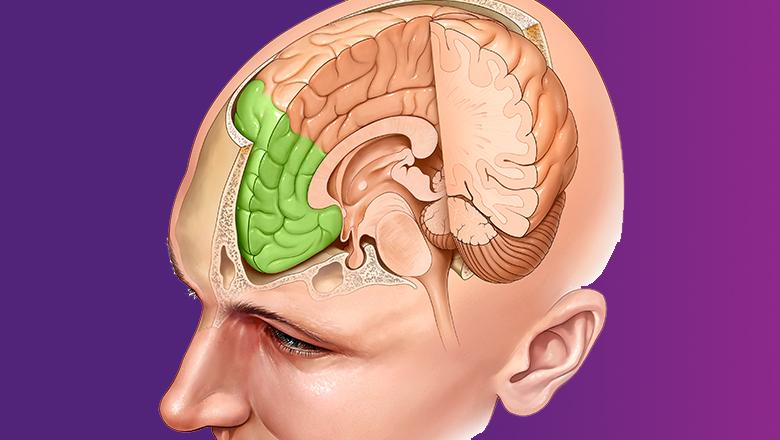
How Does Sleep Affect The Brain Scholarly Articles 7
admin
- 0
- 9
How Does Sleep Adequate sleep is crucial for brain function, impacting cognitive abilities, memory consolidation, and emotional regulation. Sleep deprivation can impair decision-making, focus, and creativity, and is associated with an increased risk of neurological disorders.
Optimal sleep supports the brain’s ability to process and consolidate memories, regulate emotions, and maintain focus throughout the day. On the other hand, insufficient sleep can lead to cognitive deficiencies, mood disturbances, and decreased productivity. Understanding the intricate relationship between sleep and brain function is essential for promoting overall well-being and cognitive health.
We will explore how sleep affects the brain, the consequences of sleep deprivation, and strategies to improve sleep quality to support optimal brain function. Let’s delve into the critical role of sleep in brain health and performance.
Table of Contents
ToggleSleep And Brain Health
Understanding the relationship between sleep and brain health is crucial for overall well-being. Sleep plays a vital role in promoting cognitive function, memory consolidation, and neural repair. In this section, we’ll delve into the importance of sleep, the basic sleep cycle, and the profound impact of sleep on brain health.
Importance Of Sleep
Sleep is essential for maintaining overall health and well-being. It contributes to various critical functions, including cognitive function, emotional regulation, and physical restoration. Quality sleep is crucial for ensuring optimal brain health.
Basic Sleep Cycle
The basic sleep cycle consists of two main stages: non-rapid eye movement (NREM) sleep and rapid eye movement (REM) sleep. Each stage plays a distinct role in restoring and maintaining brain function, allowing for memory consolidation and cognitive processing.
Sleep And Cognitive Functions
During sleep, the brain consolidates memories and processes information acquired throughout the day. Sufficient sleep is essential for optimal cognitive functions such as attention, decision-making, and problem-solving.
How Does Sleep Affect The Brain?
Sleep profoundly impacts various aspects of brain function, including memory consolidation, cognitive performance, and neural repair. Healthy sleep patterns are crucial for promoting overall brain health and cognitive well-being.
Impact On Memory Consolidation
Quality sleep plays a crucial role in memory consolidation, allowing the brain to integrate new information and experiences into long-term memory storage. Lack of sleep can impair this process, leading to memory deficits and cognitive decline.
Sleep Deprivation And Brain Function
Sleep deprivation can have detrimental effects on brain function, including reduced cognitive performance, impaired decision-making, and emotional disturbances. Chronic sleep deprivation may increase the risk of developing neurological disorders.
Effects On Neurological Health
Consistent and adequate sleep is essential for maintaining neurological health. Sleep disturbances and insufficient sleep have been linked to an increased risk of neurodegenerative diseases such as Alzheimer’s and Parkinson’s.
The Brain’s Cleaning Process During Sleep
During sleep, the brain undergoes a cleaning process known as the glymphatic system, which flushes out waste products and toxins accumulated during wakefulness. This process is vital for maintaining brain health and preventing the accumulation of harmful substances.
Role Of Sleep In Removing Toxins
Quality sleep is crucial for facilitating the efficient removal of toxins and metabolic waste from the brain. This process is essential for preventing neurodegeneration and promoting overall neurological health.
Tips For Improving Sleep Quality
- Establish a consistent sleep schedule
- Create a relaxing bedtime routine
- Avoid caffeine and electronic devices before bed
- Create a comfortable sleep environment
- Engage in regular physical activity

Credit: study.uq.edu.au
Frequently Asked Questions On How Does Sleep Affect The Brain?
How Does Sleep Affect Brain Function?
Sleep is essential for the brain’s cognitive abilities. During sleep, the brain consolidates memories, processes emotions, and flushes out toxins, promoting optimal brain function and overall well-being. Lack of sleep can impair cognitive function, memory, and emotional stability.
Can Lack Of Sleep Affect Brain Health?
Yes, inadequate sleep negatively impacts brain health. It can lead to cognitive impairment, memory issues, and emotional instability. Chronic sleep deprivation may increase the risk of neurodegenerative diseases such as Alzheimer’s and dementia. Prioritizing sufficient, quality sleep is crucial for maintaining optimal brain health.
What Happens To The Brain During Rem Sleep?
During REM (rapid eye movement) sleep, the brain is highly active, processing emotions, consolidating memories, and facilitating learning. This stage is crucial for maintaining mental and emotional well-being. Adequate REM sleep is essential for optimal brain function and overall cognitive performance.
How Does Sleep Impact Brain Development In Children?
Quality sleep is vital for the developing brain. It supports cognitive development, memory consolidation, and emotional regulation in children. Insufficient sleep can impair learning, behavior, and emotional well-being, hindering overall brain development and potentially leading to long-term cognitive issues.
Conclusion
In wrapping up, it is clear that sleep plays a vital role in maintaining brain health. The impact of quality sleep on cognitive functions, emotional regulation, and overall well-being cannot be overstated. By prioritizing good sleep habits, individuals can positively influence their brain function and enhance their overall quality of life.



